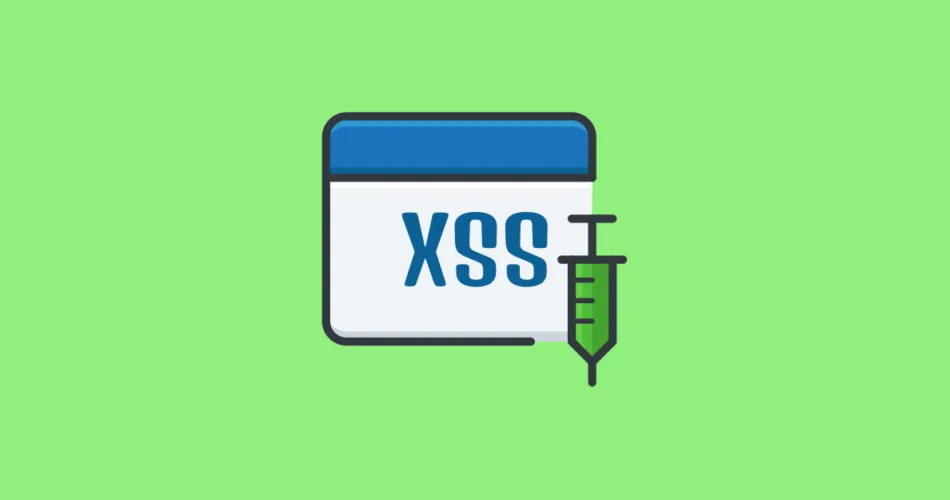Cross-Site Scripting (XSS) attacks are among the most prevalent security threats to web applications. They occur when an attacker injects malicious scripts into web content viewed by other users. In this article, we’ll explore what XSS attacks are and XSS Prevention in your Java applications.
Understanding XSS Attacks
XSS attacks can have severe consequences, including data theft, session hijacking, and defacement of websites. Attackers exploit vulnerabilities to inject malicious scripts that execute in the context of a user’s browser. There are three main types of XSS attacks:
- Stored XSS: Attackers typically store malicious scripts on a website, often within a database. When a user visits a page with the injected script, it executes.
- Reflected XSS: The injected script is reflected off a web server. It’s usually embedded in a URL or input field, and the victim triggers it by clicking a malicious link.
- DOM-based XSS: The attack occurs entirely in the Document Object Model (DOM) of a web page. Malicious scripts manipulate the page’s structure and content.
Input Validation and Output Encoding
XSS Prevention requires a combination of input validation and output encoding:
- Input Validation: Validate and sanitize user inputs to ensure they conform to expected formats. Reject inputs that contain potentially malicious content.
- Output Encoding: Encode output data to neutralize any potential script tags or malicious content. This ensures that data displayed in web pages is treated as inert text rather than executable code.
Using Security Libraries (e.g., OWASP Java Encoder)
Security libraries like the OWASP Java Encoder provide robust protection against XSS attacks. These libraries offer various encoding functions to sanitize user inputs and encode output data correctly. For instance, in Java applications, you can use the OWASP Java Encoder library to:
- HTML Encode: Escape characters that have special meanings in HTML, like `<` and `>`.
- JavaScript Encode: Encode data to prevent JavaScript injection.
- CSS Encode: Encode data to prevent CSS-based attacks.
By using such libraries, you can ensure that your application offers better protection against XSS vulnerabilities.
In conclusion, XSS attacks pose a significant threat to web applications. Understanding the types of XSS attacks and implementing input validation, output encoding, and security libraries like the OWASP Java Encoder can help safeguard your Java applications against these malicious exploits.
Subscribe to our email newsletter to get the latest posts delivered right to your email.


Comments